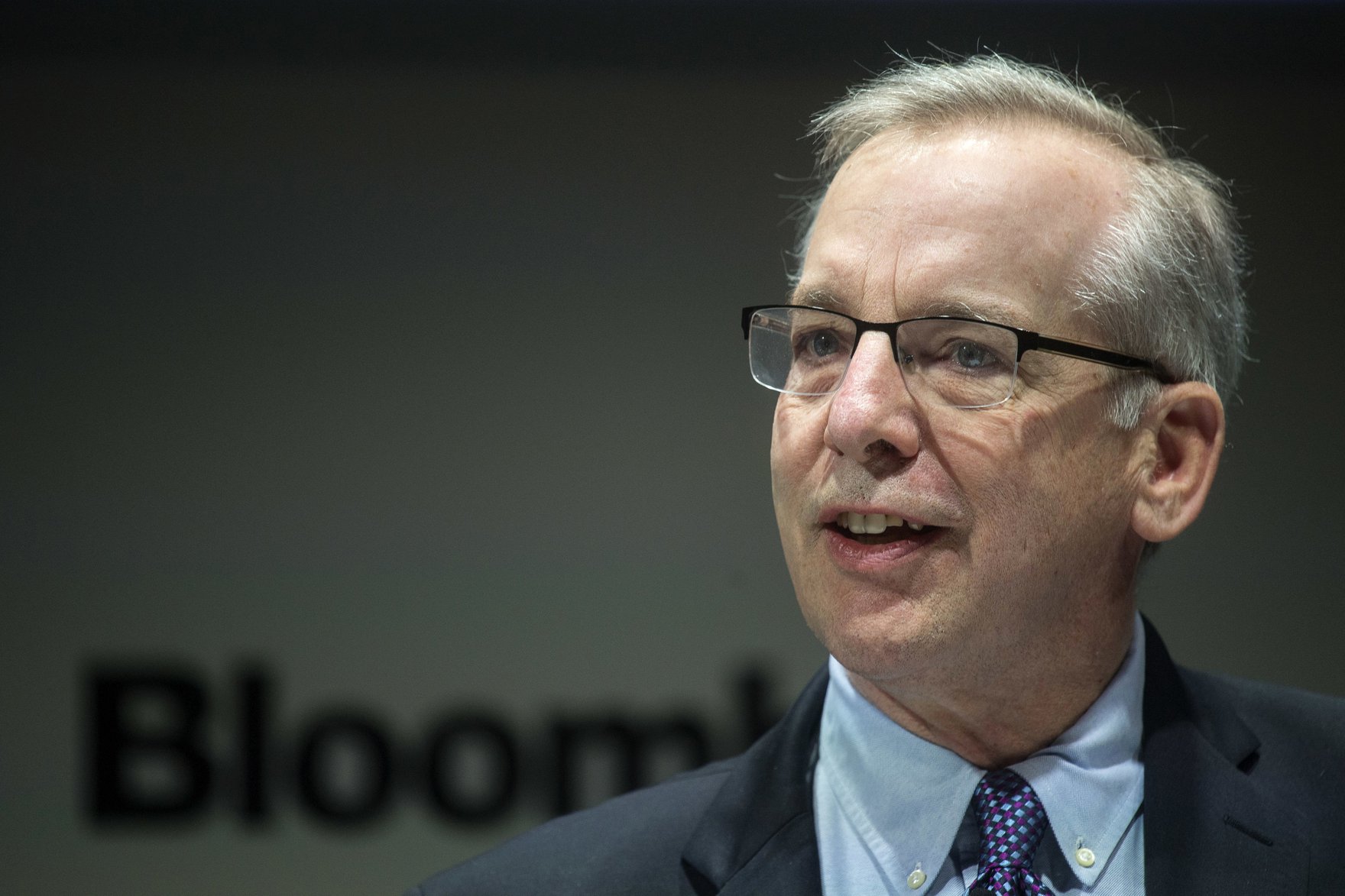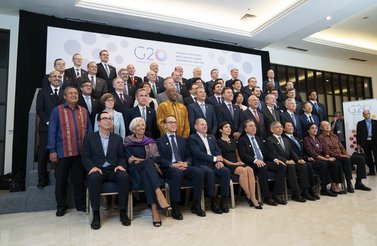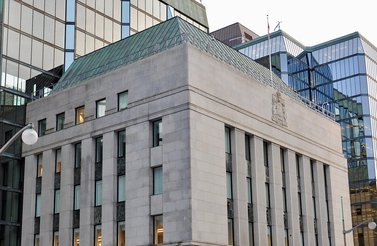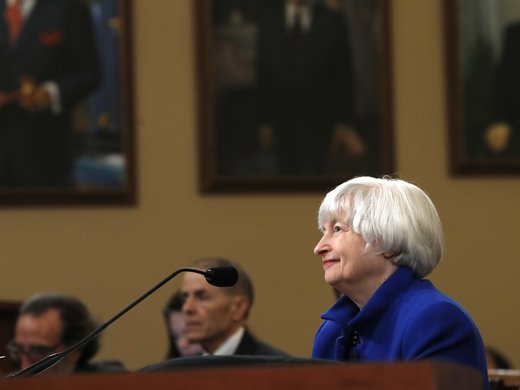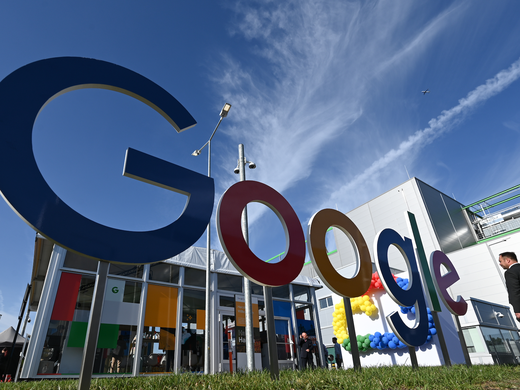He’s never come and said it, but it’s pretty clear that Bank of Canada Governor Stephen Poloz disagreed with former prime minister Stephen Harper’s rush to balance the budget ahead of the 2015 election despite the collapse of oil prices.
The best evidence of the disagreement came in 2016, when Poloz gave a lecture that showed tighter fiscal policy forced the Bank of Canada to keep interest rates low, exacerbating the country’s household debt problem and jeopardizing financial stability. The lecture took place after Prime Minister Justin Trudeau took office, but Poloz still felt obliged to avoid a direct critique of his former political master.
“We will refrain from evaluating the pros and cons of alternative policy mixes,” Poloz told his audience at the University of Ottawa.
By keeping quiet, Poloz was respecting the unwritten rule that central banks should steer clear of politics, even when a government’s policies threaten economic and financial stability. Since central bankers are unelected, they have no business challenging the wisdom of those who won democratic mandates, according to this convention. Discretion also avoids attracting unwanted attention from politicians who might seek influence over central banks’ day-to-day decision making.
Whenever questions arise, the Bank of Canada states explicitly that it takes fiscal policy as a given, as do most central banks in liberal democracies. But should they? A remarkable set of columns by Bill Dudley, the former head of the Federal Reserve Bank of New York, challenge conventional thinking about where to draw the border between the technocrats assigned to oversee monetary policy and the political class. It’s a debate worth having.
At the end of August, Dudley wondered in print whether the US Federal Reserve’s policy committee risked encouraging US President Donald Trump’s trade wars by cutting interest rates.
If Trump’s tariffs and sanctions are choking the global economy and unsettling markets, and those are the reasons for lowering borrowing costs, the Fed would have cause to interfere with the president’s efforts, Dudley argued. Trump’s consistent attacks on Jerome Powell, the US Federal Reserve chairman, offer another reason for taking a stand against the White House; Dudley argues that the president’s tweets have raised questions about the Fed’s independence.
“Trump’s reelection arguably presents a threat to the U.S. and global economy, to the Fed’s independence and its ability to achieve its employment and inflation objectives,” Dudley, who is now a senior research scholar at Princeton University, wrote for Bloomberg Opinion. “If the goal of monetary policy is to achieve the best long-term economic outcome, then Fed officials should consider how their decisions will affect the political outcome in 2020.”
The column generated a wave of controversy. Lawrence Summers, the Harvard economics professor who served in the administrations of Bill Clinton and Barack Obama, said Dudley’s op-ed “might be the least responsible statement by a former financial official in decades.” Larry Kudlow, director of Trump’s National Economic Council, said Dudley had gone “over the cliff.” Narayana Kocherlakota, the former head of the Minneapolis Fed, said Dudley was “completely wrong” and that the legitimacy of a committee of unelected technocrats “relies on its adhering to its assigned tasks,” which in the case of the Fed, means keeping inflation at two percent and keeping unemployment low.
For his part, Powell reiterated that “political factors play absolutely no role in our process, and my colleagues and I would not tolerate any attempt to include them in our decision-making or our discussions.”
Dudley published a second column in which he responded to the backlash. By suggesting that the Fed should actively push back against Trump’s trade agenda and electoral prospects, he said, he was only being “provocative,” and that he didn’t think the Fed should allow the economy to fail or take sides in the election. “I wanted the Fed to be more explicit that the greatest risk to the economy was the uncertainty created by the U.S. trade war with China,” Dudley wrote on September 4. “By making this clear, the Fed would increase President Trump’s stake in that downside risk. As a result, with more at stake, the president might be more attentive to the risks the trade war posed to the U.S. economy.”
Still, the heavy criticism Dudley faced belies the frequency of arguments that central banks should play politics. Ferdinando Giugliano, a columnist at Bloomberg Opinion, observed that the suggestion that central banks need to be political is “almost axiomatic” in Europe. In June, Philip Cross, a senior fellow at the Macdonald-Laurier Institute, rebuked Poloz for “never” indicating a “willingness to withhold monetary stimulus until the federal government adopted structural reforms to boost growth.” If central bankers are perfectly apolitical, not everyone believes it, nor is it universally accepted that they should be.
A rethink of a central bank’s role in a liberal democratic society is warranted.
By the late 1990s, the received wisdom was that central banks should be given mandates to control inflation, and then be left alone to do what they needed to execute their marching orders from the government. The celebrity of Alan Greenspan, the Fed chairman from 1987 to 2006, showed that central bankers could achieve power that exceeded their ability to raise and lower interest rates. The fight against the financial crisis demonstrated that central banks possessed an armoury that was much bigger than most of the public had realized. Governments could have done more, but legislatures struggled to be proactive, creating the impression that the central banks were “the only game in town.” Officials such as Ben Bernanke, Mario Draghi and Mark Carney became either famous and infamous, depending on your point of view.
Paul Tucker, a senior fellow at Harvard University’s Center for European Studies and a former deputy governor at the Bank of England, grew so concerned about central bankers becoming “overmighty citizens” that he wrote a 642-page book about it. “There has been a shift in the reach and techniques of unelected power, which now routinely involves writing legally binding rules and regulations,” Tucker writes in Unelected Power: The Quest for Legitimacy in Central Banking and the Regulatory State, published in 2018. “This is nowhere more apparent than in the world where I spent much of my professional life, central banking, which in many countries is today a new third pillar of unelected power alongside the judges and the generals.”
Tucker’s analysis is complex, but his conclusions are fairly straightforward: central bankers should stick to an “ethic of self-restraint” and limit their public commentary to issues that relate to their statutory mandates. However, he argues that central banks have an obligation to reinforce their legitimacy by engaging with the public. He adds that elected representatives have a responsibility to give central banks clear mandates and then to hold the leaders of those institutions accountable at public hearings.
Dudley’s suggestion that the Fed should attempt to thwart the administration’s trade policy would be a manifestation of the “overmighty citizen” that Tucker thinks liberal democracies should cut down to size. Similarly, Cross’s argument that Poloz should be faulted for failing to “withhold” monetary stimulus to force a better response from Parliament also is anti-democratic, since the Bank of Canada’s mandate is to deliver price stability.
But that doesn’t mean central bankers should remain mute when government policy is making their jobs more difficult, according to Tucker; keeping quiet risks their legitimacy, as it could create the impression that the government has undue influence over their decisions. While army generals are obliged to keep their advice private, Tucker writes, central banks “can repeat this advice in public at their own initiative, but in doing so the intimate connection with their formal mandate must be explicit and able to withstand tough scrutiny.”
In other words, Poloz probably should have said something back in 2015, but Powell doesn’t have to make the same mistake. The Fed chairman should be explicit about what he thinks Trump’s trade policies are doing to the economy. Central bankers must be careful, but they needn’t be cowed.
